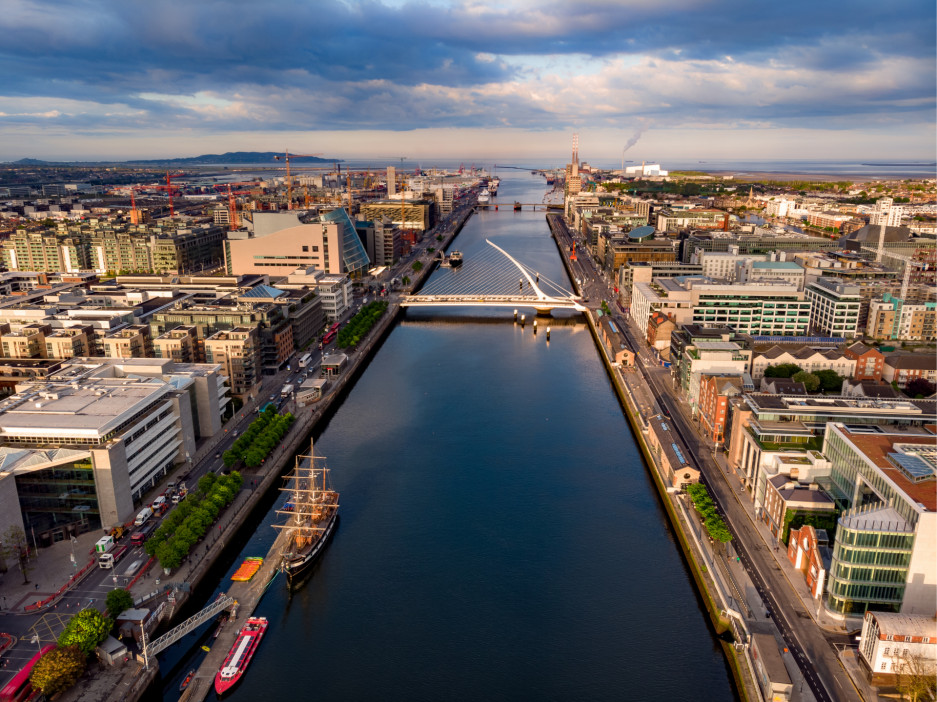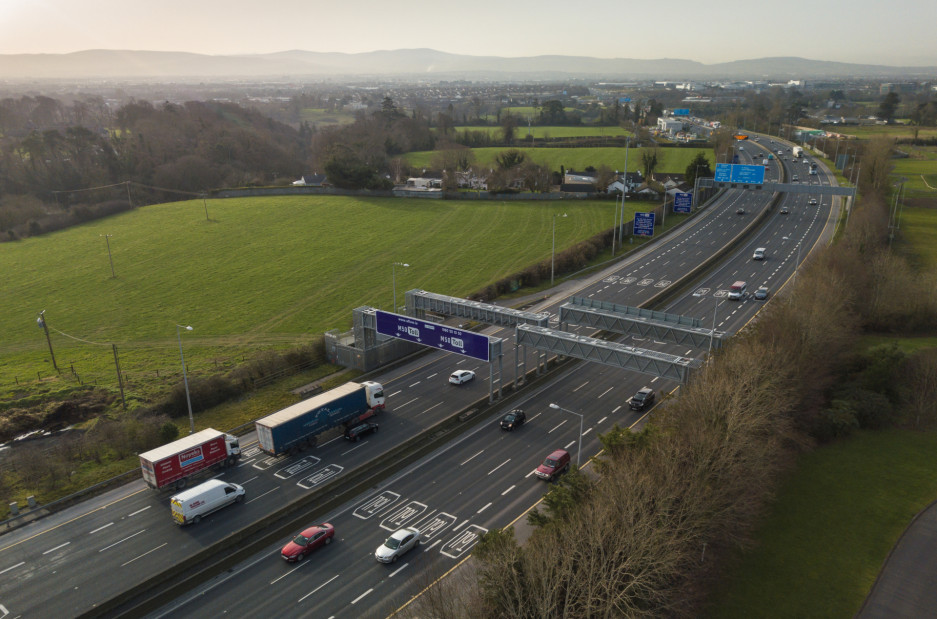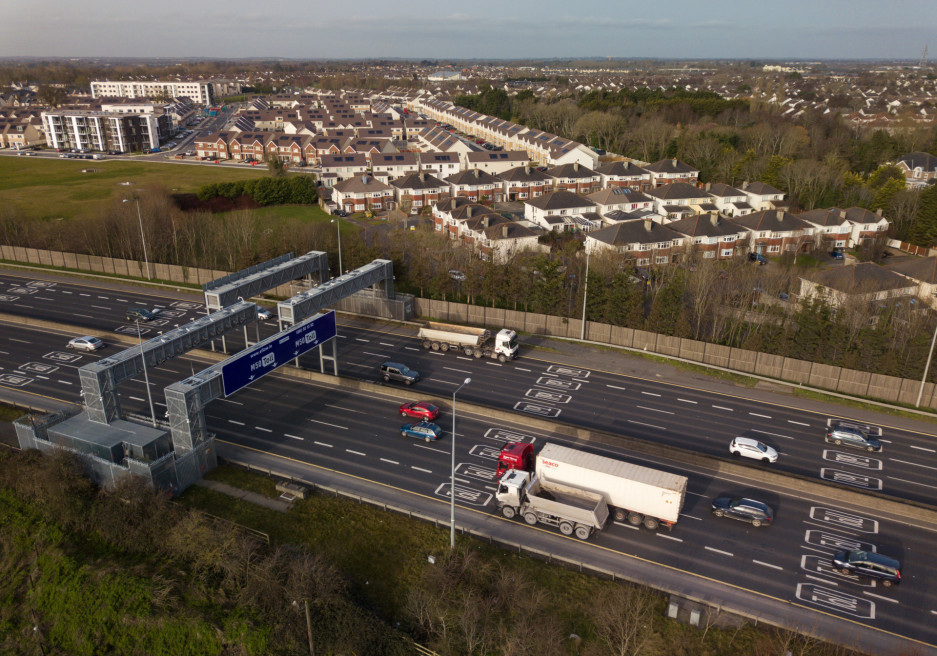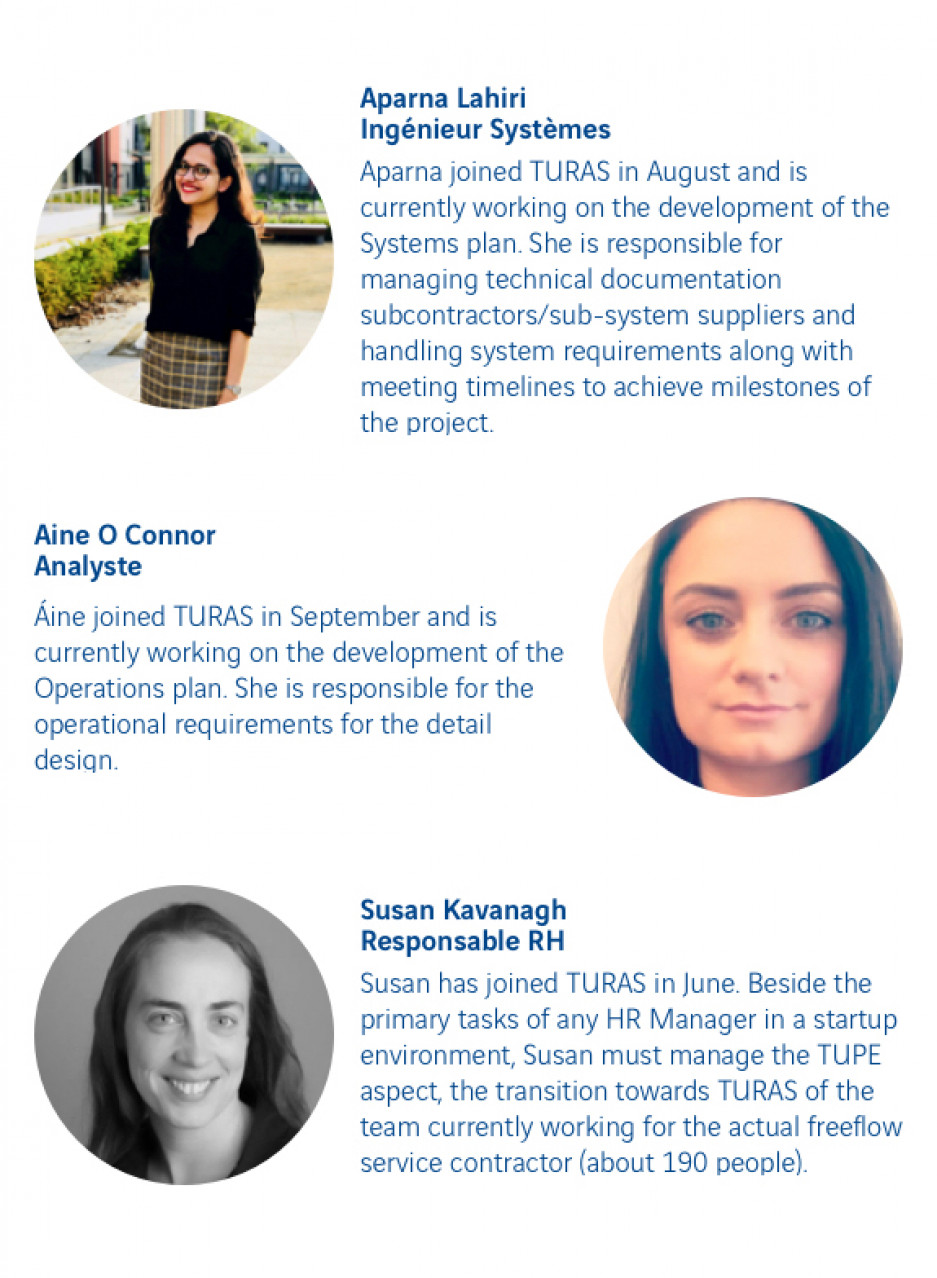
Positive Mobility
eMagDublin: on the road to better mobility!

Six months after winning the contract to manage customer services and toll transactions on the Dublin ring road, VINCI Highways is busy preparing for the transition to the new technological platform scheduled for 2020. A project which is people-focused, ensuring that data protection and optimised customer service go hand in hand.
Imagine a toll which is more than a toll. A toll that is not just a point of payment but also a real point of service, connected to a mobile app which improves traffic flow and can be used as a journey planner, with transparent, well-organised data collection for efficient management of subscriptions and payment reminders, an augmented interface on the cutting edge of technology, fully focused on benefiting drivers and local authorities alike, fully focused on delivering extended mobility services. This is the next generation mobility services that Turas – a joint venture between VINCI Highways and Abtran, an Irish company specialising in call centres – is currently implementing on the Dublin ring road, the most heavily trafficked corridor of Ireland’s national roads network.

A technological challenge
The infrastructure already in place is pioneering: 11 years ago, Ireland was the first European country to install a free-flow system on a capital city ring road. "Turas is now running the transition to a new IT system," explains Nicolas Charles, General Manager of Turas Mobility Services Ireland. "The technical migration process involves managing user data (both for subscribers and non-subscribers), ensuring secure bank transactions during payment and debt collection." Transition to the new platform is a technological challenge with an 18-month deadline and a major constraint: "We are determined to avoid any disruption to the 170,000 drivers who use the M50 every day and aim to provide a number of visible improvements," says Nicolas Charles.

Recruitment as the key to success
Every stage of the project, from vehicle recognition to payment transactions and user services, requires leading-edge skills and knowledge. Recruitment is therefore one of the key factors in its success. Which is why Turas has focused on looking for people with IT/Freeflow expertise as well as data analysis skills, including exploring the possibilities opened up by artificial intelligence. And the legal aspect has not been overlooked: "Protecting data and ensuring it is used properly, in full compliance with GDPR rules, is a real priority for us," explains Nicolas Charles.
Turas has been running an extensive recruitment campaign for the last six months in what is a highly competitive environment: Dublin is home to several technology and digital leaders, including Amazon, Microsoft and Google.
Some of the new team members :

The M50 project can take advantage of VINCI Concessions’ human resources experience. A task force in Rueil-Malmaison (France) is charged with spotting key profiles and talents. Turas also benefits from in-house skills-sharing at VINCI Concessions. A total of fifteen staff members are now working on the project in France, with fifteen more on site in Dublin. The team features IT experts as well as business analysts, with a mix of long-serving staff and millennials. And in a few months’ time, the M50 teams will in turn share the experience they acquire in Dublin with other VINCI Concessions projects.

Lyon and Belgrade move closer together
Belgrade’s airport is celebrating the opening of a route connecting it with Lyon. The new link, the first between the ...
Discover